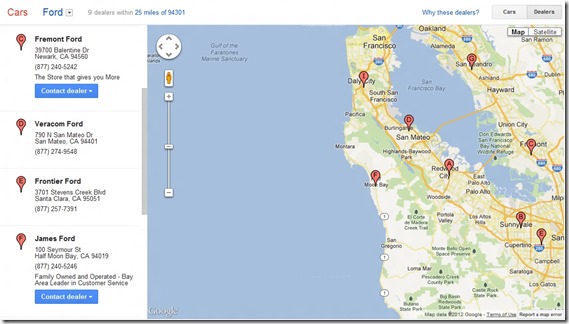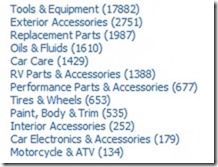 There is little doubt in anyone’s mind that the millions of recalls are going to increase the demand for technicians while straining existing franchise dealer’s service departments. Manufacturers are desperately trying to convince dealers to take on expensive expansion projects in their service departments in an effort to avoid losing service business to independents. To this point, according to an article in Automotive News, FCA US announced that it will be launching on online analyzer that will allow dealers to calculate the potential revenue increases of additional service capacity and technicians. Dealers will be able to play with variables such as number of bays, technicians as well as toggle shift lengths to see whether the expenses involved will be fruitful. Of course, with the massive amount of available recall work in and of itself, my guess is that the calculator is pretty much going to show numbers in the black in most instances. The one piece of this article that really got my attention wasn’t the fact that a manufacturer is trying to get its dealers to expand their fixed ops capacity… no, it was this:
There is little doubt in anyone’s mind that the millions of recalls are going to increase the demand for technicians while straining existing franchise dealer’s service departments. Manufacturers are desperately trying to convince dealers to take on expensive expansion projects in their service departments in an effort to avoid losing service business to independents. To this point, according to an article in Automotive News, FCA US announced that it will be launching on online analyzer that will allow dealers to calculate the potential revenue increases of additional service capacity and technicians. Dealers will be able to play with variables such as number of bays, technicians as well as toggle shift lengths to see whether the expenses involved will be fruitful. Of course, with the massive amount of available recall work in and of itself, my guess is that the calculator is pretty much going to show numbers in the black in most instances. The one piece of this article that really got my attention wasn’t the fact that a manufacturer is trying to get its dealers to expand their fixed ops capacity… no, it was this:
“Now, almost two-thirds of customers who buy new vehicles from FCA US dealerships are no longer visiting the dealerships for service one year after purchase.”
Wait. What?
So, FCA US is telling us that 2/3 of their new vehicle buyers defect from their dealerships’ service departments with, at minimum, two years left under warranty? Now, they’re trying to convince their dealers that they should expand their service departments? Something doesn’t add up here.
Sure, it makes sense that with almost 10 million recalled vehicles since 2014, FCA US is concerned about wait times for consumers to get their warranty work completed. The more completed recall work, the less liability for the automaker and a chance at retaining some brand loyalty.
FCA US has made some great strides and breakthrough initiatives in our industry as relates to employee retention by offering free college tuitions to all FCA US employees and dealership employees. They recognized that employee turnover in dealerships is unacceptable and hurts customer loyalty and stepped up to the plate to help dealers retain more employees by offering this one-of-a-kind benefit.
Perhaps FCA US should now shift it’s focus to what I see as a huge problem right now – the fact that, by their own numbers, their dealers only have a 33 percent customer retention rate average in service. It would only be logical to assume that the retention rate naturally decreases as more time passes. Wouldn’t it be easier to try and retain the 66% of the customers they are losing within a year of a new vehicle purchase before asking dealers to spend millions to expand service operations?
So now the dilemma, do you focus on retaining the water in the dyke frantically placing fingers in the holes just to see new ones appear? Or do you build a larger dyke?
I would suggest that perhaps increasing the size of the dyke would only create more holes in the long run. There may be more recall work but if dealers expand the sizes of their service departments, have a great run of service revenue for 3-4 years taking care of these 10 million vehicles only to find empty bays once everything settles down, that might hurt financially.
Just as FCA US saw a problem in employee retention and took initiative to fix it, perhaps they should now shift their gaze on what I see as a huge problem in customer retention in service. I’m pretty sure that if they don’t they will eventually run out of fingers and be forced to watch as all of the water leaves the dyke.






